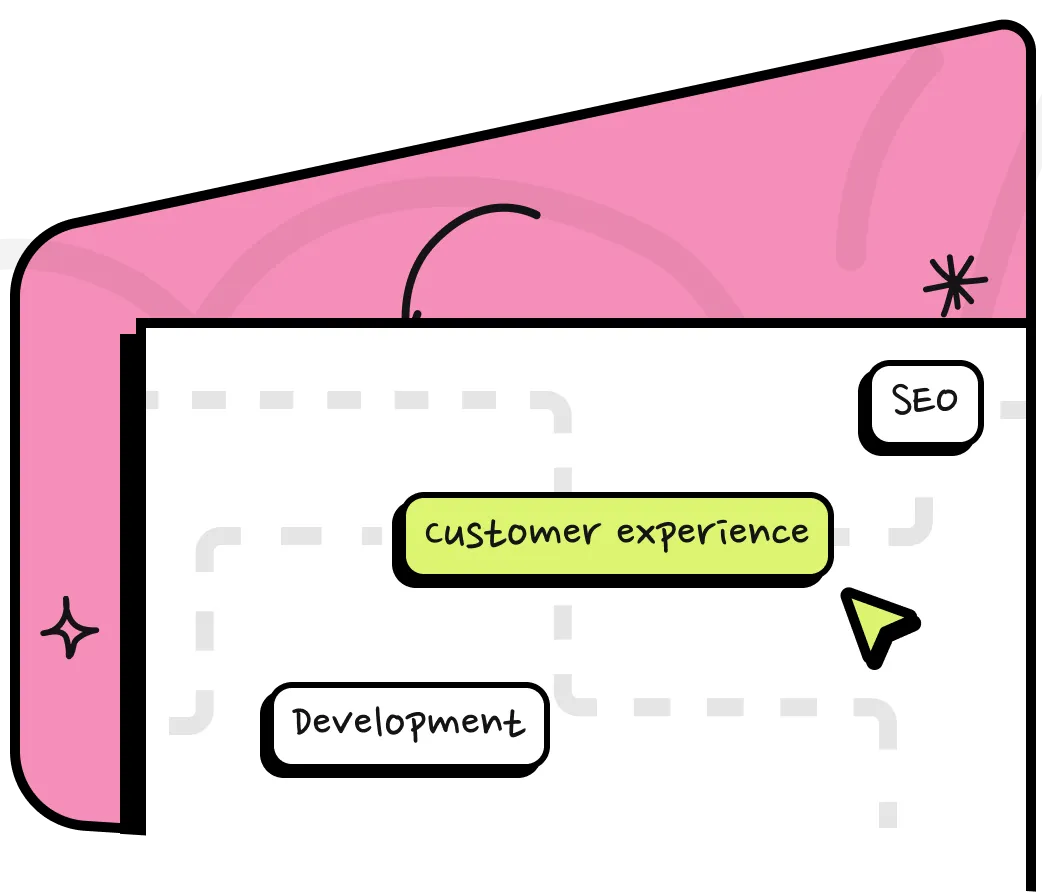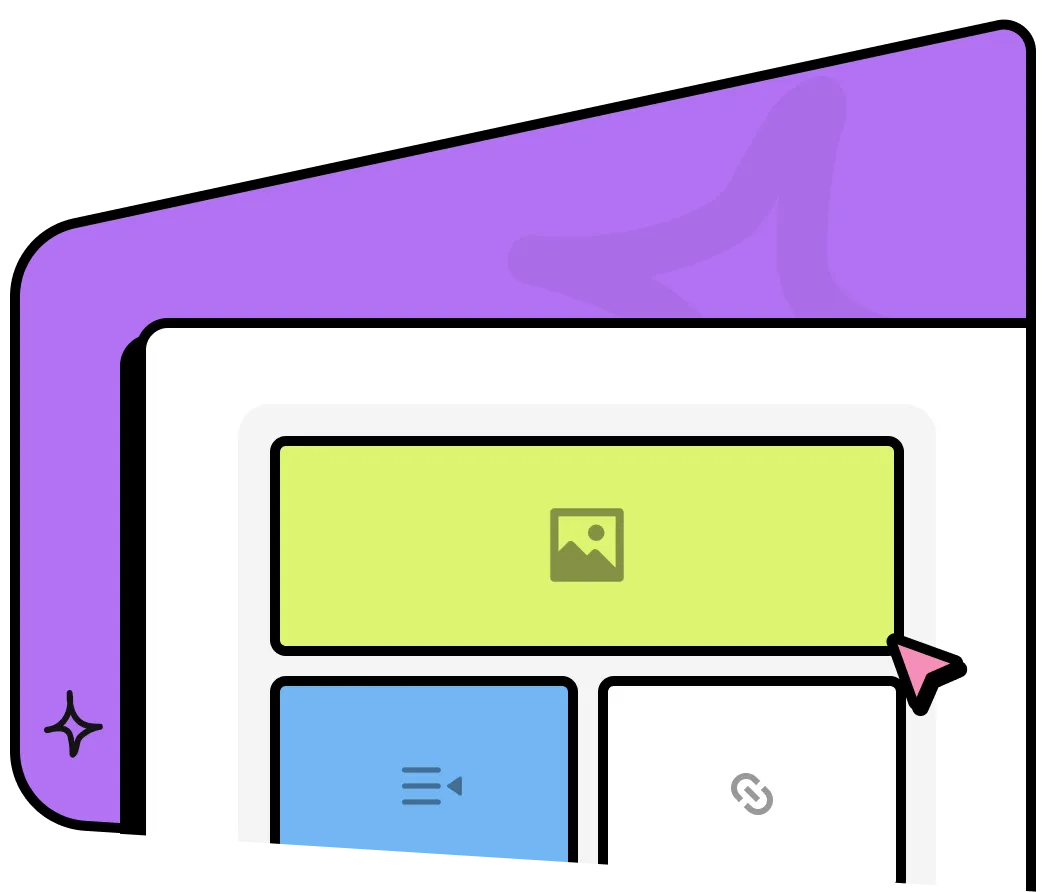Awards & Recognition
We are proud to be recognized for our excellence by important publications around the world.










Django is a free Python web framework that helps developers create secure, scalable, and fast web applications. It offers integrated tools for routine activities such as database handling, authentication, and URL routing, facilitating quick development and tidy code.






Technologies We Use for Django Development
Whether you’re launching a robust web platform or a secure API backend, Django empowers rapid development with clean, pragmatic design, and we pair it with the best supporting tools.







Define the goal of your website or application. Decide on key features (e.g., user login, blog posts, product listings). Sketch the layout or wireframes.
Install Django on your computer. Start a new Django project using a simple command. Make sure the basic site is running locally in your browser.
Think about what kind of information your site needs to store (like user info, product details, posts). Plan the database layout (this is done using Django models later).
"Sovanza's Django expertise helped us build a secure, high-performance
financial analytics platform. Their deep understanding of backend
frameworks and clean coding practices made our system both scalable and
future-ready. Exceptional work!"
"We needed a reliable team to build a complex education portal, and Sovanza
delivered perfectly with Django. The site loads quickly, handles tons of users
seamlessly, and is extremely easy to maintain. Their attention to detail was
outstanding."
"Working with Sovanza on our Django-based app was a breeze. They
translated our business requirements into a powerful, intuitive platform. From
database design to security implementation, everything was handled
professionally and on time.
Purpose: Build dynamic websites and web apps with features like user authentication, forms, admin interface, etc. Examples: E-commerce websites, social media platforms, blogs, content management systems (CMS).
Purpose: Serve data through RESTful APIs using JSON. Tools: Django REST Framework (DRF) Examples: Backend for React/Vue apps, mobile app backends, third-party integrations.
Purpose: Create internal admin systems, reporting dashboards, or tools for automating business workflows. Features: Role-based access control, database-driven reports.



Sovanza stands out as a leader in mobile Django in the USA. With a proven history of creating user-focused, high-performing applications, we are dedicated to supporting businesses in reaching their digital objectives. Our team’s expertise and customer-focused approach ensure that every app we develop is tailored to meet your needs.




To create a successful Android app with Django Development, include features like a user-friendly interface, push notifications, real-time data updates, offline capabilities, and effective monetization strategies.
Django follows the “Don’t Repeat Yourself (DRY)” principle.
Speeds up development
Auto-generated admin panel for managing app content.
Easy to customize and secure.
Suitable for both small and large-scale applications.
Can handle high traffic and database-heavy workloads.
Allows dynamic HTML generation.
Includes tags, filters, and inheritance to keep templates clean and DRY.
Designed to cover essential features with a focus on simplicity and functionality.
Built for scalable, high-performance projects with advanced features.
Tailored for large, fully customized solutions with advanced security and infrastructure.
Can’t find what you’re looking for? don’t hesitate to reach out!
Django is used to create web applications such as content management systems (CMS), social networking sites, and online shopping platforms.
Django is perfect for projects that need quick development, robust security, and scalability. It provides a substantial collection of integrated tools that minimize development duration and expenses, and its “batteries-included” approach enables developers to create applications effectively and securely without depending on numerous external libraries.
The duration needed to create a website varies based on the project’s complexity. Nevertheless, because of Django development proceeds more quickly than other frameworks.
The expense of Django web development fluctuates based on the project’s needs. Sovanza provides budget-friendly rates while delivering top-notch solutions customized to meet your requirements.
Django development drives numerous prominent websites and applications, such as content management systems (CMS), social networking sites, e-commerce platforms, and financial applications. Pinterest, Instagram, and Disqus utilize Django’s speed, security, and scalability.
We are proud to be recognized for our excellence by important publications around the world.




Build AI, blockchain, and growth systems that compound results.